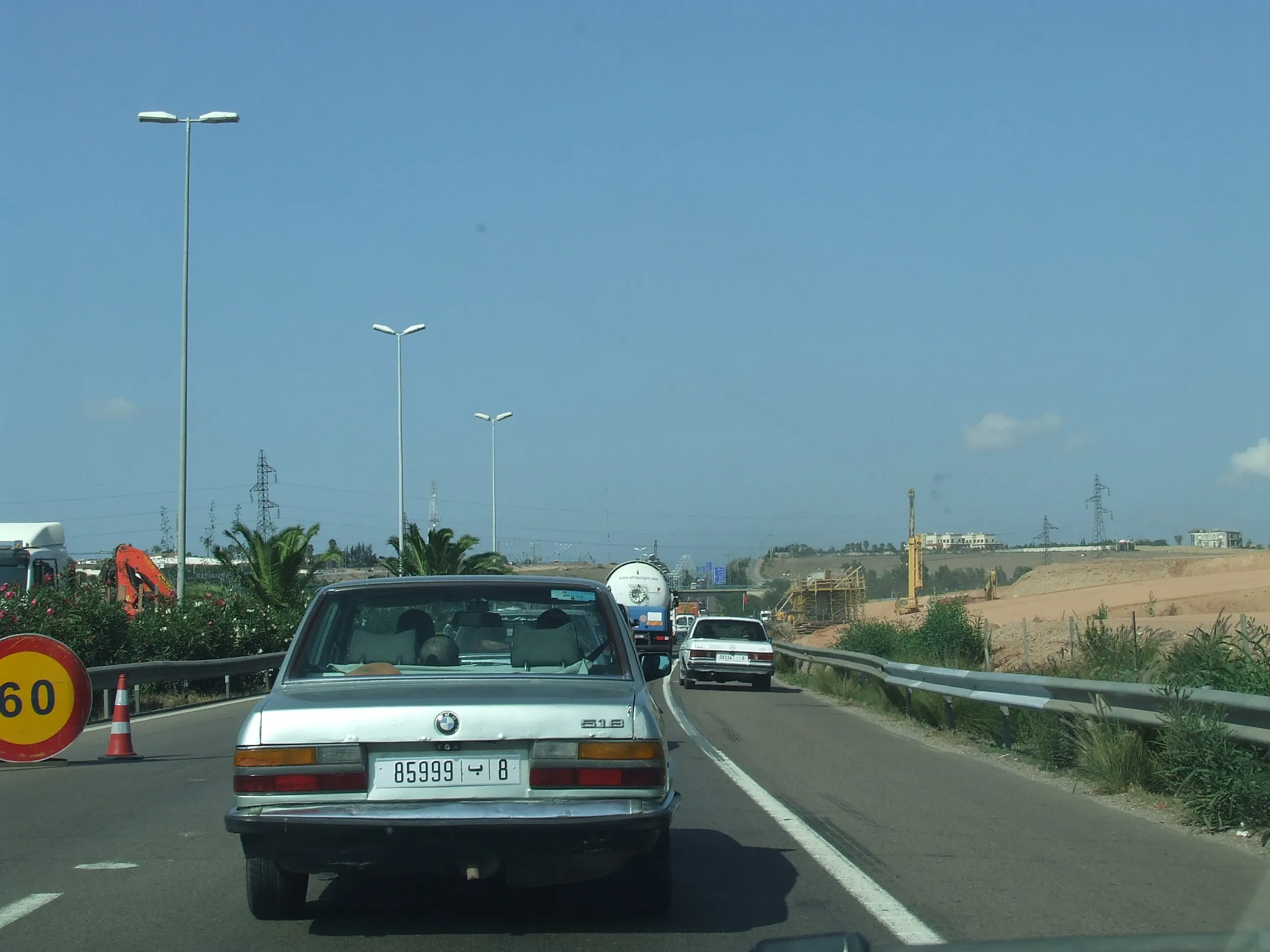Work to the D3 highway connecting Czech capital Prague with Ceske Budejovice and the Austrian border is not seen as a key project that will be supported by the European Commission (EC) between 2014 and 2020.
March 1, 2012
Read time: 1 min
Work to the D3 highway connecting Czech capital Prague with Ceske Budejovice and the Austrian border is not seen as a key project that will be supported by the 2465 European Commission (EC) between 2014 and 2020. The Czech Republic does not have the financing to pay for this €2 billion project however and plans to ask the EC for support. Lack of funds also threaten a ring-road at Ceske Budejovice is also endangered. Delays to the D3 will cause issues as Austria is already building its S10 highway to connect with the Czech road. There are other issues on the D3 requiring clarification, including a decision on the route. So far a 15km section of the D3 is already in use while a 25km stretch between Tabor and Veseli will be completed at the end of 2012.








